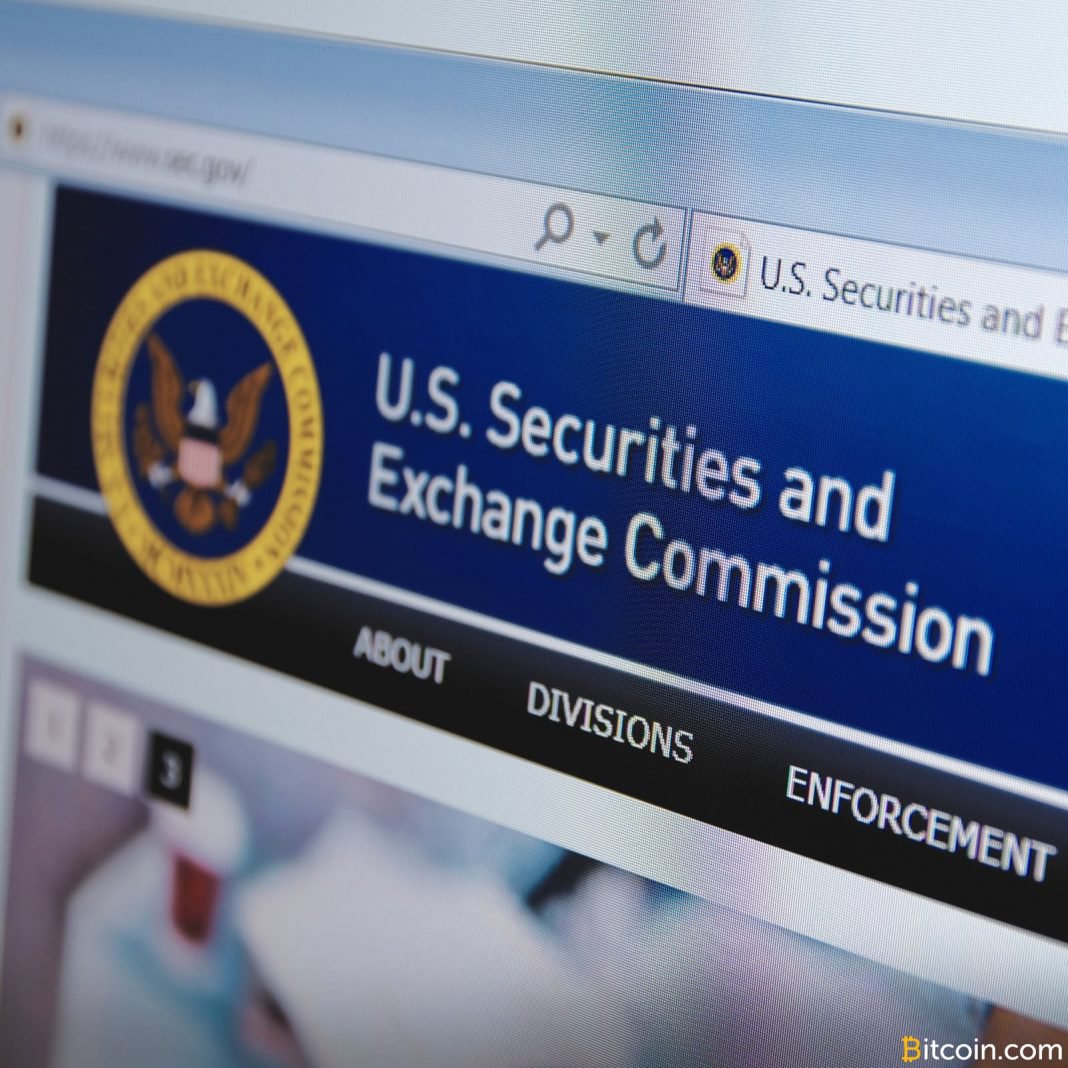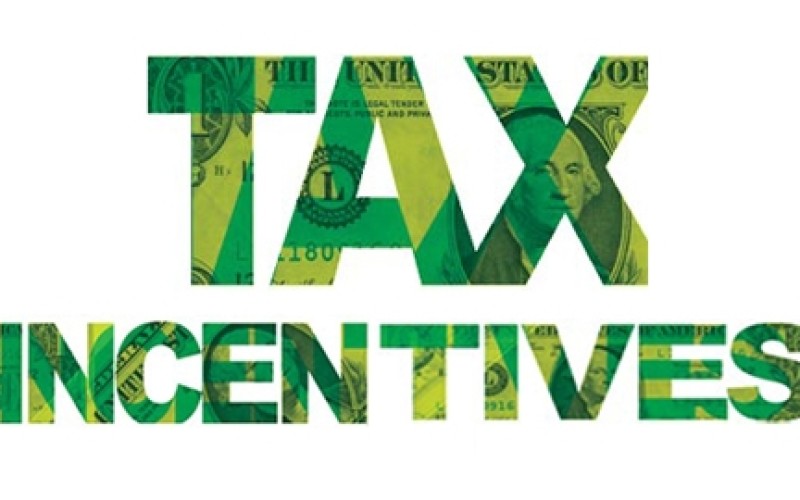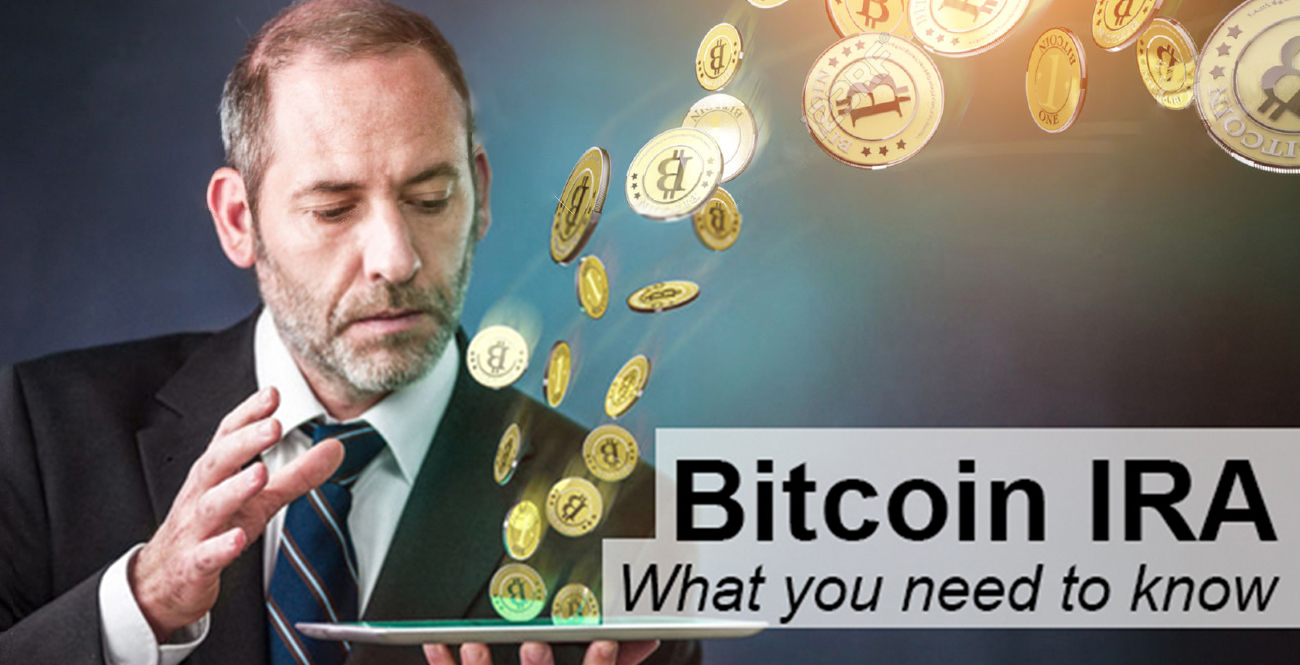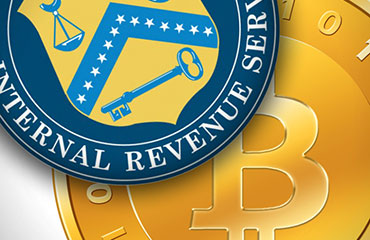What SEC Regulation Means to ICOs in the United States
The SEC recently issued a ruling that ICOs must be treated as IPOs. This means that ICOs are now fully regulated by the SEC and that all accredited investor rules apply. But, beyond the new compliance costs, what does this mean for the ICO issuer? What does SEC regulation mean to ICOs in the United States?
The SEC’s position on ICOs is simple. If you’re raising money for a business, and the investor is getting something that behaves like a share of stock, then the SEC has the right to regulate the transaction.
Basically, if the transaction bears any resemblance to a security, the SEC says it has a right to control and regulate. If it walks like a duck and quacks like a duck, it is a duck.
Of course this is the SEC’s position. They see billions of dollars being invested without their oversight. A government agency will always try to regulate and interject itself into the industry… they will always choose expand their influence in the name of “protecting investors.” When you’re a hammer, everything looks like a nail.
For more on ICO regulation, and how to tell the difference between a crowdsale which is not regulated and an ICO which is regulated, see: Crowdsale vs ICO.
The first shots in this battle were fired by the SEC in July of 2017. In this ruling, the SEC stated that the DAO token was a security and subject to SEC regulation. When you look at the facts and circumstances of this token, it was an easy case. It operated like a share of stock and was an easy target.
The SEC didn’t file criminal or civil charges against DAO. They just used this company as an example of what a security looks like. As a result, DAO was put out of business with the stroke of the pen.
The SEC was waiting for a much juicier and easier case to charge. They found such a soft target on September 28, 2017. According to a statement released Friday, the US government alleges Maksim Zaslavskiy and his two companies, REcoin Group Foundation and DRC World, defrauded investors and sold unregistered securities in two fake ICOs.
I don’t know anything about REcoin or DRC, and I don’t have to. I know that the SEC looked at a ton of potential targets and found the one they thought would be the easiest prosecution. The government searched all the ICOs and found the one they wanted to make an example of.
The SEC followed this up with the creation of a Cyber Unit… of course they did. We Americans need the protection of the US government in our transactions. Without it, we’d lose everything!
The SEC stated that “the Cyber Unit will focus the Enforcement Division’s substantial cyber-related expertise on targeting cyber-related misconduct, such as:
- Market manipulation schemes involving false information spread through electronic and social media
- Hacking to obtain material nonpublic information
- Violations involving distributed ledger technology and initial coin offerings
- Misconduct perpetrated using the dark web
- Intrusions into retail brokerage accounts
- Cyber-related threats to trading platforms and other critical market infrastructure”
The bottom line is that the SEC is going to regulate ICOs as they do IPOs. Any misstatement in your offering documents, or failing to register when necessary, and the government is coming for you.
What does the SEC’s involvement mean for ICOs in the United States?
First, all ICOs will need to go through serious due diligence by legal and accounting experts. This will greatly increase the cost of issuing a token.
Second, only accredited investors will be allowed to buy US ICOs. I can’t imagine anyone will try to register an ICO in today’s climate, so the pool is limited to accredited investors.
In the United States, to be considered an accredited investor, one must have a net worth of at least $1,000,000, excluding the value of one’s primary residence, or have income at least $200,000 each year for the last two years (or $300,000 combined income if married) and have the expectation to make the same amount this year. Most estimates claim that about 10.5% of US households qualify as “accredited.”
Third, US investors will need to hold their tokens for at least 1 year before they are allowed to sell. This rule is what will really crush US ICOs. Once liquidity is removed, and the hope of quick bump in the token or currency is lost, I think many who are attracted to Bitcoin will be turned off from ICOs.
Also, this one year rule doesn’t apply to most other investors. This gives foreign buyers a massive advantage over US buyers, especially in such a volatile market.
Here’s a sample of what you might find in a compliant offering document:
THE PCI TOKENS HAVE NOT BEEN AND WILL NOT BE REGISTERED UNDER THE SECURITIES ACT OF 1933, AS AMENDED (THE “SECURITIES ACT”), OR ANY OTHER LAW OR REGULATION GOVERNING THE OFFERING, SALE OR EXCHANGE OF SECURITIES IN THE UNITED STATES OR ANY OTHER JURISDICTION. THIS OFFERING IS BEING MADE (1) INSIDE THE UNITED STATES TO UP TO 99 “ACCREDITED INVESTORS” (AS DEFINED IN SECTION 501 OF THE SECURITIES ACT) IN RELIANCE ON REGULATION D UNDER THE SECURITIES ACT AND (2) OUTSIDE THE UNITED STATES TO NON-U.S. PERSONS (AS DEFINED IN SECTION 902 OF REGULATION S UNDER THE SECURITIES ACT) (IN JURISDICTIONS WHERE THE OFFER AND SALE OF PCI TOKENS IS PERMITTED UNDER APPLICABLE LAW) IN RELIANCE ON REGULATION S UNDER THE SECURITIES ACT. PERSONS PURCHASING IN THE UNITED STATES AS ACCREDITED INVESTORS WILL BE REQUIRED TO MAINTAIN THEIR PCI TOKENS ON COINHUB UNTIL THE FIRST ANNIVERSARY OF THE ISSUANCE OF THE PCI TOKENS AND WILL BE REQUIRED TO MAKE UNDERTAKINGS TO COINHUB IF THEY REMOVE THEIR PCI TOKENS FROM COINHUB THEREAFTER, THEY WILL BE REQUIRED TO AGREE NOT TO SELL SUCH PCI TOKENS TO ANY U.S. PERSON UNLESS THEY SELL ALL OF THEIR PCI TOKENS TO A SINGLE U.S. PERSON. NON-U.S. PERSONS PURCHASING PCI TOKENS WILL ONLY BE ENTITLED TO RESELL THEIR PCI TOKENS TO OTHER NON-U.S. PERSONS (IN COMPLIANCE WITH APPLICABLE LAW) IN AN OFFSHORE TRANSACTION (AS DEFINED IN RULE 902 OF THE SECURITIES ACT). SEE “NOTICE TO SUBSCRIBERS,” “TRANSFER RESTRICTIONS” AND “RISK FACTORS.” THE ISSUER WILL NOT BE REQUIRED TO, NOR DOES IT CURRENTLY INTEND TO, OFFER TO EXCHANGE THE PCI TOKENS FOR ANY SECURITIES REGISTERED UNDER THE SECURITIES ACT OR ANY OTHER LAW OR REGISTER THE PCI TOKENS FOR RESALE UNDER THE SECURITIES ACT.
This language is for sample purposes in my article and is not intended as legal advice. Don’t copy it into your document!
Fourth, once the SEC is up in your business, they bring with them many different rules. Issuing a token will not be as simple as putting some language in your document and only accepting accredited investors.
These transactions will now involve compliance with Act 33, Advisers Act and the Investment Company Act. Moreover, the SEC will assert the right to protect investors. If your business doesn’t go as planned, be sure that the government will be looking to put a few more pelts on its wall to assert its dominance.
As a result of these regulations, I expect only the largest and most traditional ICOs to remain in the United States. The more aggressive tokens, with more risk and more upside, will move offshore. Many jurisdictions are crafting new legislation, and most will be easier to navigate than the United States.
I hope you’ve found this article helpful. For more information on moving your business out of the United States, please contact me at info@premieroffshore.com or call us at (619) 483-1708.












Leave a Reply
Want to join the discussion?Feel free to contribute!